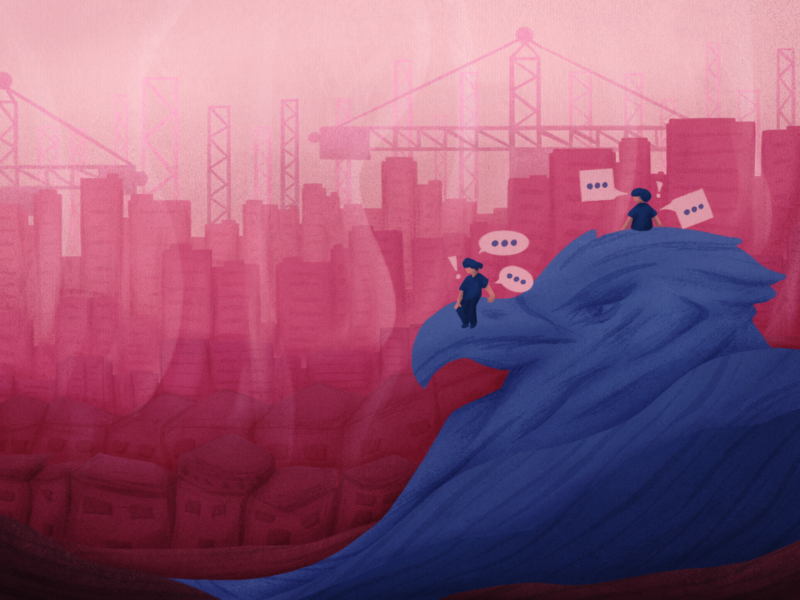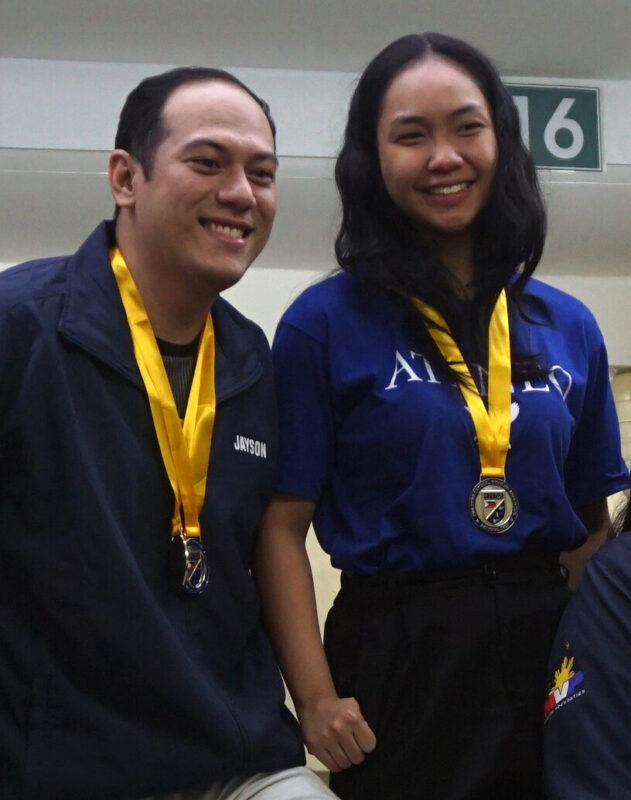EARLIER THIS evening, Rappler CEO Maria Ressa was arrested at the social news network’s headquarters on the alleged grounds of cyber libel as per Section 4 of the Cybercrime Prevention Act of 2012, or Republic Act No. 10175.
The warrant of arrest was carried out minutes before courts closed from processing bail payments, despite being signed yesterday, February 12.
The arrest came in connection to a story published in May 2012 that cited an intelligence report linking businessman Wilfred Keng to illegal drugs and human trafficking. The article, however, was published months before the aforecited law was enacted in September that year. Five years later, Keng complained to the National Bureau of Investigation (NBI) in October 2017 until the case was dismissed in February 2018 over lack of basis. The case reopened a week later, with Keng arguing that a crime was still committed since Rappler updated the report on February 19, 2014.
The current administration has been persistent with their attempts of subverting Rappler operations. In January 2018, the Securities and Exchange Commission revoked the organization’s license to operate, due to the presence of foreign investors. A month later, reporter Pia Ranada was banned from Malacañang Palace after the network was accused of false reporting.
In 2016, shortly after being elected into office, President Rodrigo Duterte said that a journalist is not exempt from assassination “if [they] are a son of a bitch.” Today, NBI officers in civilian clothes who refused to identify themselves reportedly threatened reporters attempting to record the arrest, saying, “we’ll go after you, too.”
The cyber libel complaint thus spells danger not just for Rappler, but for press freedom. There is no doubt that these are blatant acts of intimidation towards the media and ultimately silencing dissent. The circumstances behind the arrest make it clear that the warrant is only the latest in the administration’s ongoing string of attacks on the free press.
In 2018, the Philippines slipped six spots down the World Press Freedom Index to the 133rd place out of 180 countries. Today, we are faced with a continuous dwindling of our press freedom for when the times call for it the most. Media practitioners are forced to think in advance of possible attacks from government authorities whether they be blatant intimidation acts or systematic power plays.
Media is often identified as a fourth pillar of democracy because of its capacity to act as a check and balance. Silencing the media’s dissenting voices is just one of many symptoms of the administration’s authoritarian tendencies, along with its hate speech, its constitutional sidestepping, its lack of accountability, and its mounting death toll. It has come to this, even with the freedom of speech and of the press protected in the highest law of the land.
We at The GUIDON thus condemn the outrageous weaponization of the criminal justice system. We call on the Ateneo and the Filipino people to remain indignant in the face of such attacks on our press freedom and ultimately, our democracy.
We must not allow ourselves to be silenced.
We, too, will hold the line.







